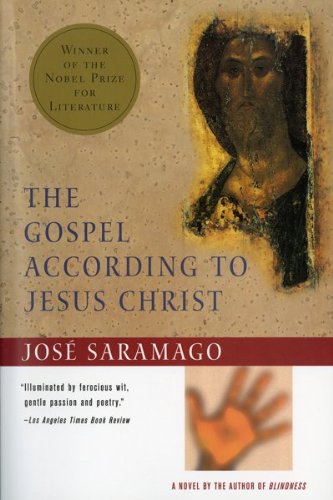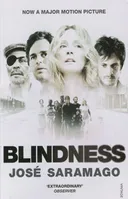“ספר מיוחד. לא מיועד לחרדים ואולי גם לדתיים.
כפי שבספרו על ישו סרגמו יורד על אלהים, כך גם בספר הזה ,אשר מסופר בשפה המיוחדת רק לו , הוא בא בטענות לאלוהים בנוגע להתנהגותו כלפי בני אדם, על חלק החשוב מסיפורי התורה.
לסכום הספר צוצלץ מאד לקריאה לאנשים שאין להם בעיות לשמוע דברים לא הכי מחמיאים על אלהים.”











